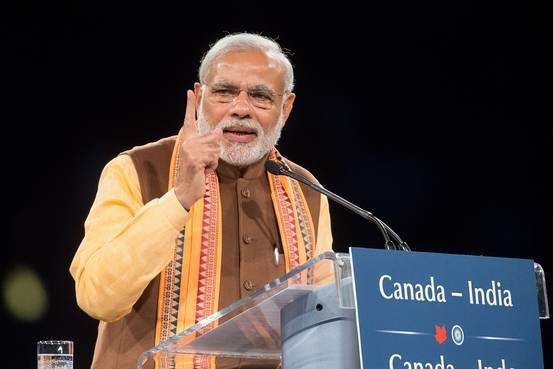
William Shakespeare 1564-1616
Contributed by: Harrish Thirukumaran
?????????????????????? When comprehending the influence of the English language, citizens throughout the globe have progressively come to accept it as an ideal lingua franca. Indeed, considering the vast amount of diverse languages out there, English has been integral in deconstructing barriers between cultures blocked by differences in languages spoken. It has fostered solid oral and written communication among people of various ethnicities, ranging from friendly conversations to actual trade and commerce amongst countries. As a result, English has become universalized through its profound contribution to social cohesion among global citizens.
With this and other linguistic achievements, the English language has earned significant celebratory recognition as one of the language days of observance facilitated by the United Nations. The occasion is annually upheld on April 23, a day that is also celebrated as William Shakespeare???s birthday at the bard???s birthplace town of Stratford, England. Shakespeare himself was a renowned English writer, responsible for numerous classical works including Romeo and Juliet and Hamlet. In the organizational context of the UN, English is currently utilized alongside French as one of the two core languages in the work conduct of its Secretariat, the bureaucratic arm of the organization. In addition, because of its particular presence, the language is designated as one of six official and working languages of the UN in its entirety.
The five other languages recognized are French, Spanish, Arabic, Russian, and Chinese, with each having their own insightful celebration as well. Accordingly, English Language Day first gained its status from a decision of the UN Department of Public Information to entrench it as a commemorative day, as with its five other languages. Although there are hundreds of more languages in our society, one of the symbolic purposes of English language day is to celebrate the phenomenon of multilingualism. Furthermore, it seeks to uphold the cultural diversity that is inherently represented when speaking in English or other languages.
This day is also seen as a key tool in promoting consistent usage of the English language with the five other official UN languages in its various international activities. English language day intends to inform communities around the globe on the overall history, culture, and accomplishments of this language in order to increase awareness. Moreover, it is used as way to encourage individuals to take up opportunities to learn the language itself, given that it can visibly transcend cultural boundaries. On that note, English has had this type of impact on countries like India for example.
India is one of the foremost multilingual countries in the world, with over 20 different languages. An Indian language, such as Hindi, Tamil, Punjabi, and so forth, is a factor that heavily defines an Indian???s own ethnic identity and a state in the diverse nation. Arguably, however, it has at times disrupted meaningful lines of communication among different people across India. It is much more complex for individuals born into family of two or multiple languages as well. Yet with the eventual adoption of English, India has been able to break these linguistic obstacles to a reasonable extent.
Optimistically, it is often said that this has allowed India to stay together and live in harmony, despite these apparent differences. The lingua franca trait that English embodies has been positively workable for India, and that can be considered a real achievement of English. This upcoming English Language Day should be a time to further advance English as a secondary language fostering peaceful relations, while emphasizing multilingualism as a component of cultural diversity.













